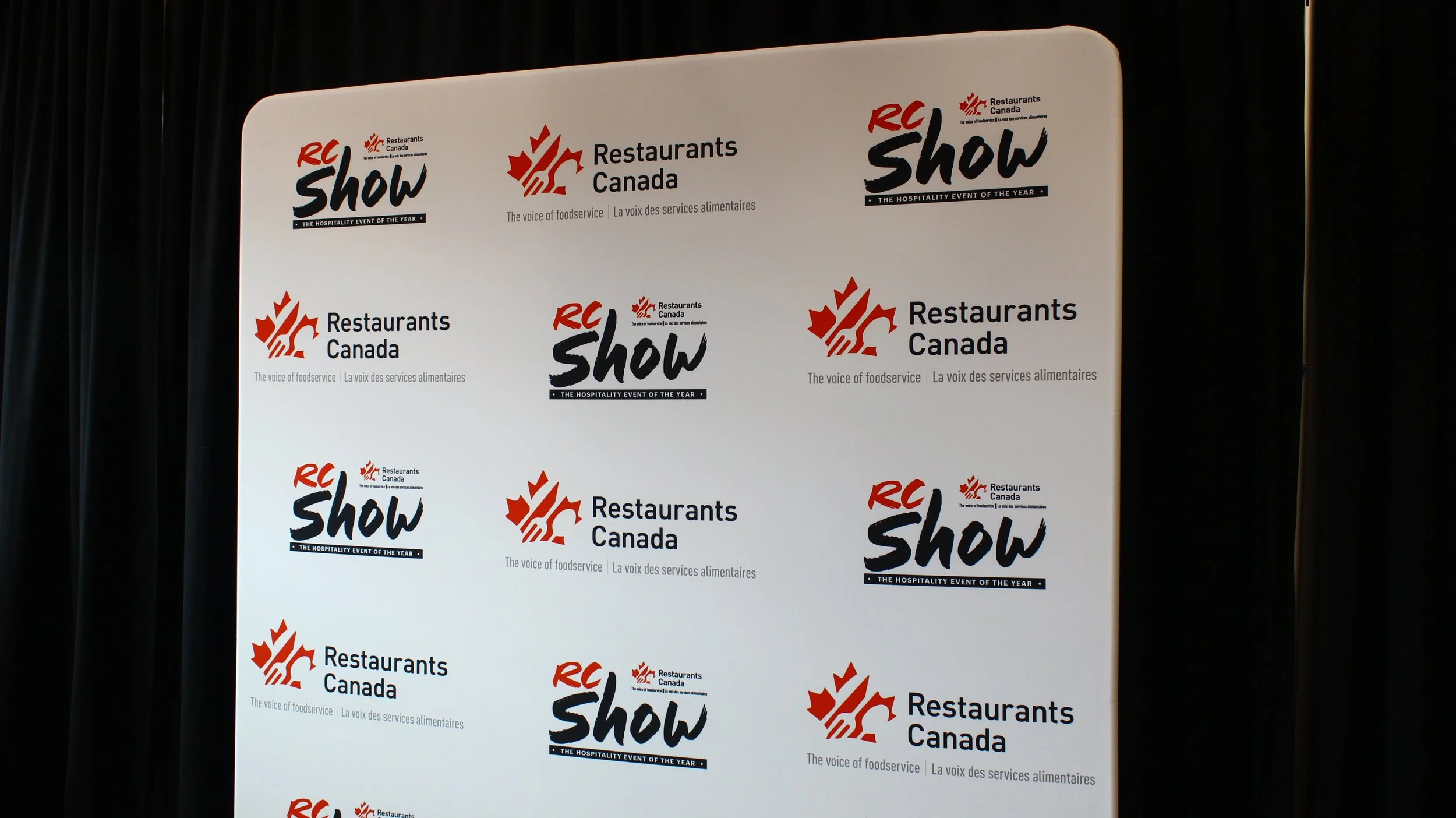In 1998, a group of citizens responded to concerns about the quality of the water in their river and lake, resulting in the formation of FRIENDS OF THE BAYFIELD RIVER (FoBR). Since its inception, FoBR has planted hundreds of trees along the length of the Bayfield River, organized annual beach cleanups, restored riverbanks, lobbied all levels of government and worked with sister organizations along the coastline to raise awareness of the threats to their waters. FoBR was instrumental in having ultra violet water treatment added to the Clinton sewage system.
In 2005, FoBR became alarmed with plastic debris found during cleanup, much of it single-use water bottles. At the time, the Council of Canadians introduced the Blue Community Project. This project asked municipalities to acknowledge water as a human right, end the distribution of single-use bottled water and denounce the privatization of this resource. FoBR sought and received the support of 40 village organizations. As a result of this support, Bayfield is one of many worldwide communities, including Paris France, Zurich, Switzerland and many Ontario towns that are BLUE COMMUNiTIES. 2500 refillable bottles have been distributed and with the help of sponsors, five refill stations can be found in the village. Over 30,000 refills have been undertaken at these sites.
Recent Studies of the Great Lakes indicate that there are more than twice the pieces of plastics per square km in the Greats than in the oceans (225,000), – (440,000). This figure hastened the then Blue Community to join groups around the world intent on changing attitudes towards single use plastics. In the UK and throughout Europe, towns and villages have joined the campaign organized by the Surfers Against Sewage that is based in St Agnes, Cornwall. The Cornish coast and indeed the coastlines throughout the UK and Europe, were awash in plastics. These communities thus became part of the PLASTIC FREE COMMUNITIES project that now numbers 500.
Over 80% of Bayfield eateries (and growing number of retailers) now have committed to eliminate all single use plastics and polystyrene. This is just the beginning.
Thank you to the residents of Blue Bayfield for your leadership on plastic advocacy and awareness!









